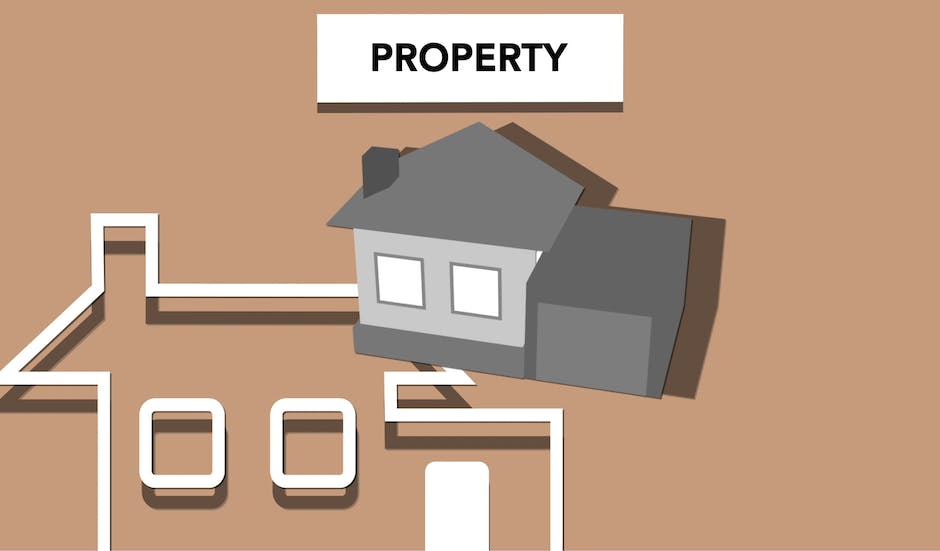
Sale or financing your building is an option when your building cannot be renovated or upgraded to market standards. If you have a large, high-quality building with great facilities, you could leverage the money saved in upgrades and the rising occupant base to attract a new tenant and increase your bottom line.
However, if your building needs major repairs or upgrades, it may not be feasible to completely restore the building to its previous condition. In that case, a transaction can be more viable.
Sale vs. loan financing is the term used when bank or other lenders give you a loan on the property for less than it would cost to completely restore the property to its previous condition.
In this article, we will talk about ways can help help guide you through the sale vs loan process and help you make an informed decision.
Tax considerations for refinancing

When a building is owned by an institutional or large-scale owner, there can be significant tax considerations when considering refinancing or restructuring the debt.
As an example, the founder of a large corporation might have been given special treatment when obtaining financing for the new project. In this case, the founder would have been given substantial tax breaks on his/her investment in the building.
Another example is when an institution refinances a building loan to upgrade and modernize the property. In this case, the debt is upgraded to higher quality credit worthiness, which might earn more interest than a lesser-known building might receive.
As we discussed earlier with apartments and condos going up in price, it is important to think about what taxes you may owe if your property changes ownership or value. If new taxes are incurred, be prepared to pay them.
Interest deduction limitations

When a building is nearing the end of its life span, it can be a good time to look at how you treat your investments.
Many high-value buildings have long-running leases that allow for annual Up-Front Fees (UFFs) to maintain the property. In return, the landlord receives certain improvements and revenue from those improvements.
By having UFs as part of their deal, developers are able to afford necessary renovations and upcharges. However, over time, these benefits may begin to wear away and the property may be forced to undergo a renovation or sale.
If the property was bought at an early stage when gains were being taken advantage of higher up-front fees, you do not have to worry about this affecting you. However, as time goes on and up-front fees continue to be taken, interest deduction limitations will come into play.
Capital gain treatment for section 1250 property

Section 1250 property is a higher-value property that can be sold in a lower-valued area. Because it is considered a higher-level asset, it can be purchased for a higher price than a lower-level asset like residential housing.
If you as an owner are considering selling your property at a high enough price, consider looking at capital gain treatment for your property. This means that when the seller sales their property, they receive a relatively low amount of money.
The government will typically give around 5% capital gain treatment on real estate, so if your home sells for $300,000 but only receives $200,000 in profit, you would have made $60,000 in profit in just one sale.
This treatment is offered to help encourage sellers to keep their properties and sell at higher levels again and again.
Potential impact of the pass-through tax reform bill

As part of the tax reform bill passed into law in December 2017, congress created the pass-through tax bracket. This new tax bracket allows larger companies to shift some of their corporate income from a higher to a lower rate.
The new pass-through tax bracket was created due to the large amount of income that large companies now have. According to congressional statistics, these large companies accounted for nearly half (49%) of all corporate income recorded in 2016.
Due to this large influence, this new pass-through tax bracket has had a noticeable impact on property owners and landlords. The newly introduced 2017–18 federal income tax code includes a section labeled “Landlord Income” that attempts to recognize the additional money landlords receive in return for managing rental units.
This recognition may help push property owners into continuing their business by offering lower fees.
Consider selling one or several properties

It is rare for a real estate agent to receive multiple inquiries about a property after it undergoes a major change in owners. This can be dangerous if you do not keep your property top of mind!
If you consider selling your building, consider the following points. First, determine whether or not your building is tax-exempt. If not, there may be tax benefits to selling as an individual unit or bringing in a new owner group.
Second, determine whether or not your building is registered with the city or county government. If it is, consideration of buying insurance to cover against future code violations and/or management issues. Third, consider purchasing a mortgage insurance to help with financing if you plan on selling your building soon.
Maximize depreciation deductions

After a building is occupied, its value decreases over time due to unattended possessions and outdated technology and equipment. This is known as depreciation deduction wear and tear.
This is a standard tax deduction that can be applied to new or existing buildings. It generally ranges from 5% to 10% of the property’s value over a period of years.
For example, a $200,000 building with a value of $200,000 in 2017 would have a full $2,000 in depreciation deductions. Over the course of several years, it could potentially realize a full $2,400 in deductions!
If the property was fully depreciated by year-end, its owner could potentially take advantage of this on their annual tax return. This is called accelerated depreciation and it can greatly help with future tax savings.
Take sections 1231 and 1244 losses

Even if you weren’t involved in the business operations of the property, you may be exposed to losses due to market fluctuation.
Section 1231 losses can come from a market decline in your area or for properties located in an adjacent area. If other owners changed ownership and failed to maintain a property in good standing with the previous owners, a new owner could potentially file a loss against you.
Section 1244 losses can occur when a property is able to refinance at a lower rate than its current loan amount, which would result in a lower tax bill. If this occurred at your building, then you could potentially save thousands of dollars per year in taxes.
If these types of changes occur and affect your tax bill, it is recommended that you seek help from an assessor to determine any potential changes and whether they effect your taxes.
Consider tax-free exchanges into real property with lower depreciation rates

Real estate isn’t the only place where property ownership can be exchanged for other assets. This is called real property investment, or buying and holding property for a long time.
Real property investment can yield significant income over time. When tracts of land are highly valued, it can lead to capital gain purchases which may be tax efficient.
Some countries have regulations that allow you to exchange your personal residence for commercial or residential real estate. These exchanges are called foreign equity purchases, and are usually done through a specialist broker.
If you find yourself seeking more income and space, looking into foreign equity purchasing might be a good way to grow your property portfolio.

